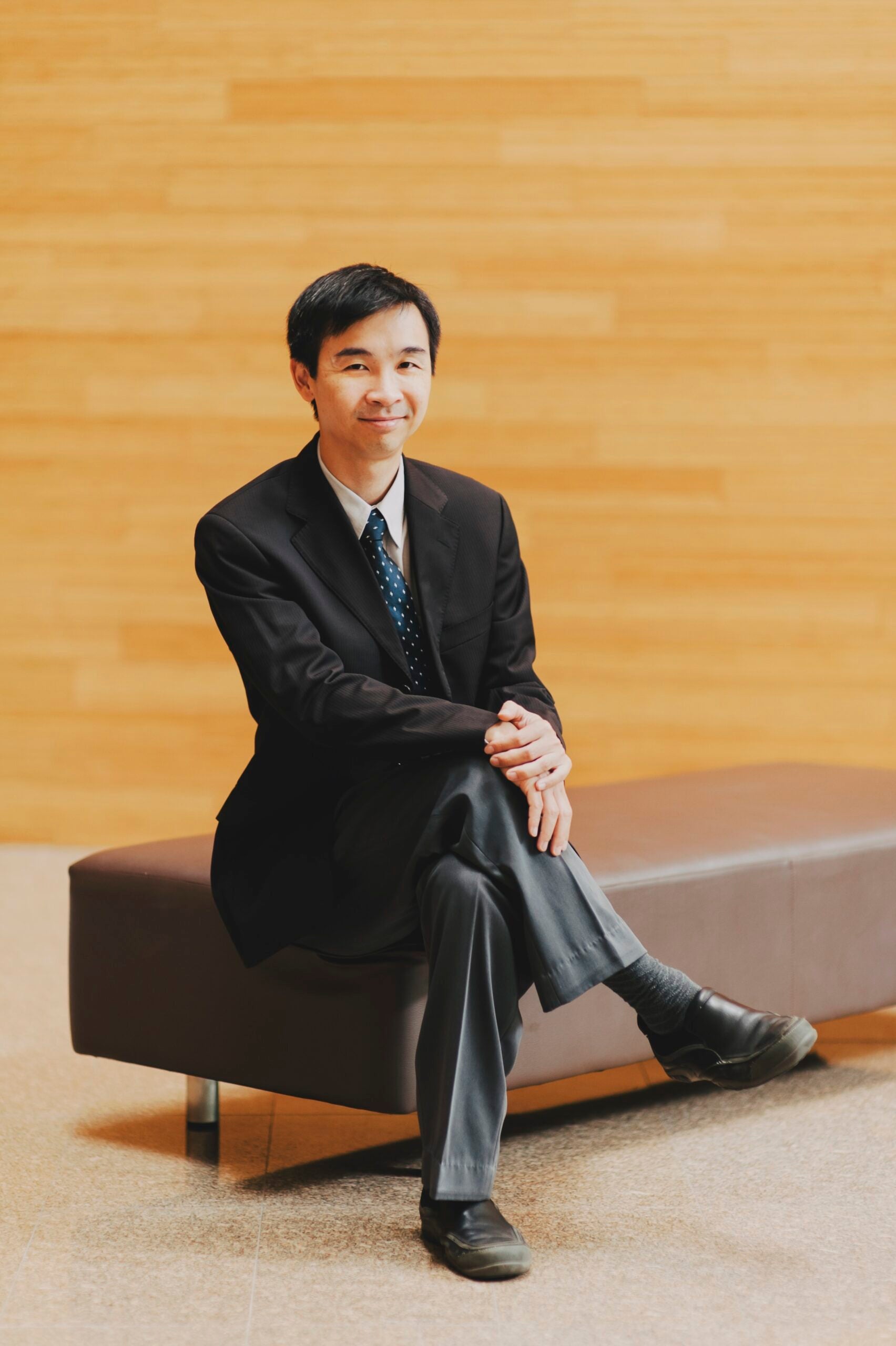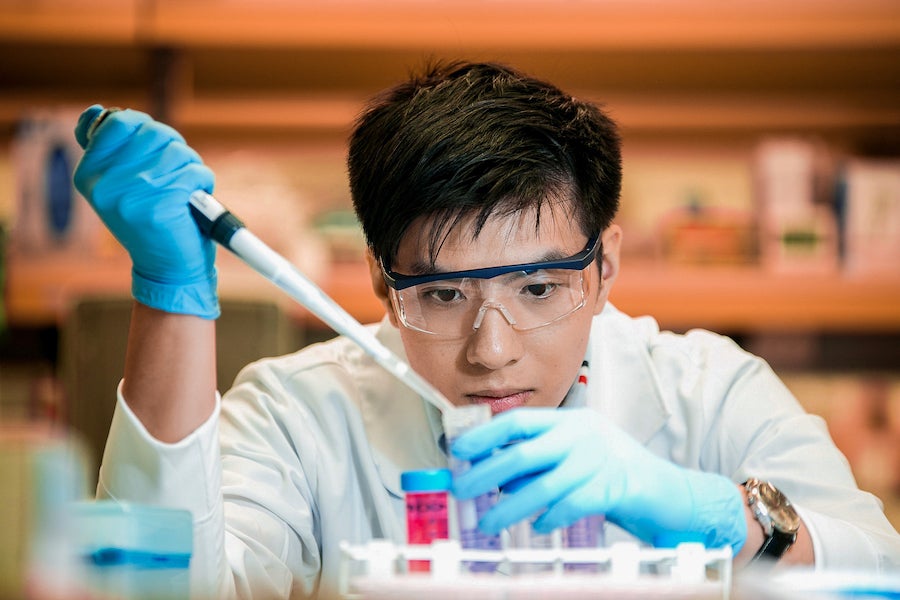

Musim Mas Chair Professor for Sustainability Yen Wah Tong
Faculty & Department
Joint Appointments
Professor, Integrative Sciences and Engineering
Education
Doctor of Philosophy, University of Toronto, Canada
Bachelor of Science Hons Class 1, Queen's University, Canada
Bio
Professor Tong Yen Wah joined the Department of Chemical and Biomolecular Engineering at the National University of Singapore (NUS) in 2001 after graduating from the University of Toronto with a PhD in Chemical Engineering. His expertise is in biomaterials research for tissue engineering and in bioenergy from food wastes and biomass wastes, with over 260 publications and 16000 citations. His recent works in food wastes management has been successfully commercialized with distributed anaerobic digesters that can be effectively used in cities through a spin-off company from NUS. He has been a key member of a large collaborative research programme between NUS and Shanghai Jiaotong University since 2012, funded by the National Research Foundation CREATE programme for more than S$60 million.
Contact Information
Welcome to our Biomimetic Materials and Systems Lab! Our interest is in biological and bimolecular processes in chemical engineering for sustainability, biomedical and various applications.
Development of decentralised anaerobic digestion system to manage food waste on-site, with one spin-off company in Singapore and in China.
My research interest has evolved from the applications of polymers for biological and biomedical purposes to bioprocessing for bioenergy and bioproduction. This is due to many reasons, among them the biggest lies in finding that we have a lot to learn from nature and biology. The research work done before 2009 has given me a wide variety of exposure to how nature works, such as in healing the human body, in the development of cells into organized tissues, in the microbiology of DNA and genes in cancer development, in proteins and peptides properties and structure that can transform cells and control stem cell differentiation, and etc. Even with all of the knowledge out there, it appears that we have barely touched the surface of the wonders of biology, and thus I sought to learn even more in an effort to copy what nature is doing. As the saying goes, mimicry is the highest form of flattery, and thus what would be a better way to praise nature than to mimic biology in our engineering systems?

Food waste management
My research team has established a position at the frontier of this movement by developing anaerobic digestion (AD) solutions that sustainably closes the loop for biological wastes like food waste and horticultural wastes. AD uses anaerobic microorganisms to decompose the organic matter of biomass to produce methane-rich biogas (CH4) for use in the power grid or as vehicle fuel. By viewing food waste as a renewable resource, the resultant biogas is then considered as renewable and reduces the consumption of fossil fuels and carbon dioxide emissions. Meanwhile, the nutrient-rich digestate of AD can be used as fertilizer for crop cultivation. In short, by turning waste into a source of energy and valuable by-products, we minimize the effects of its generation and decrease the need for its disposal. We work on all aspects of AD for managing these biomass wastes, with the goal to develop technologies suited for decentralization and application in cities like Singapore. We believe that while research by itself brings advances in science and engineering, it should be translated for use as solutions, such as in reducing waste generation in Singapore, removing wet biomass waste from the incineration process, and eventually increasing the effectiveness of the entire waste management system for the country.
My Mentoring Style
How would you describe your mentoring style in terms of freedom given to your students?

Selecting Research Topics?
How do you guide your PhD students in selecting research topics?

Setbacks / Challenges
How do you handle setbacks or challenges faced by your PhD students?

Feedback
How do you give feedback on your students’ thesis drafts and progress?

Consultation Frequency
How often do you typically meet your PhD students one-on-one for consultation?

Research Group Meetings
How often do you typically hold lab meetings where your PhD students present their research work to the class?


